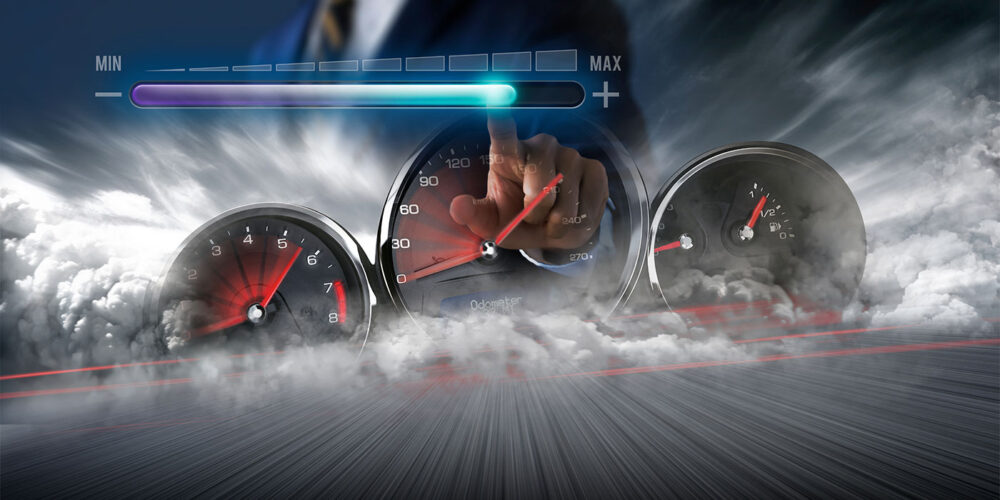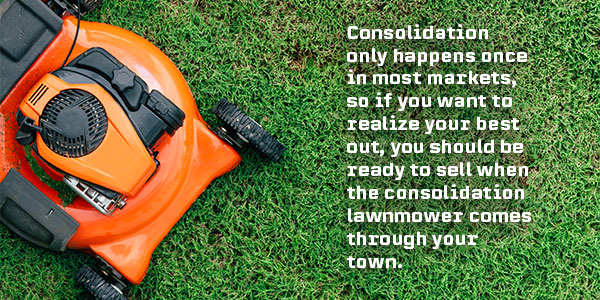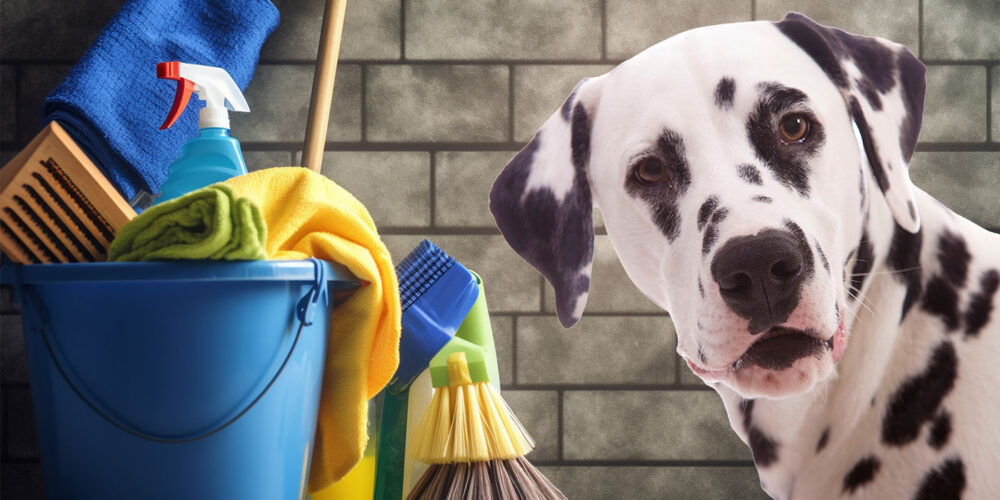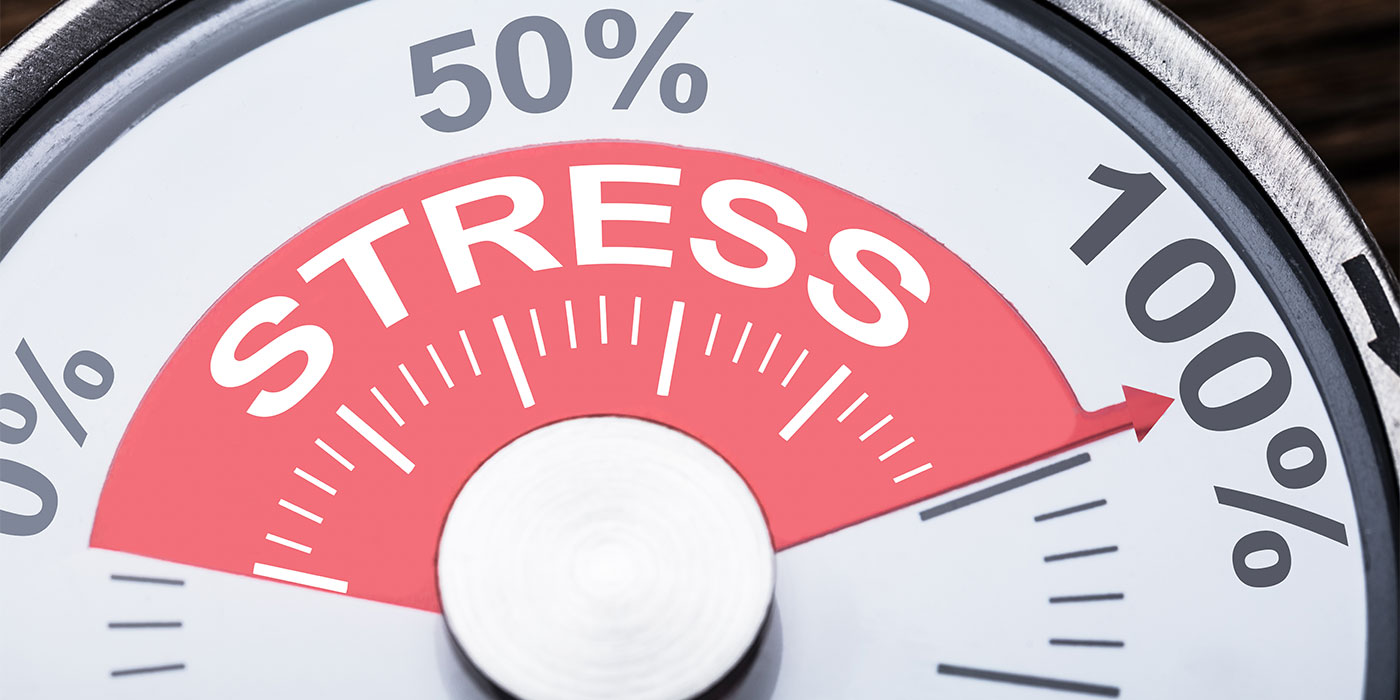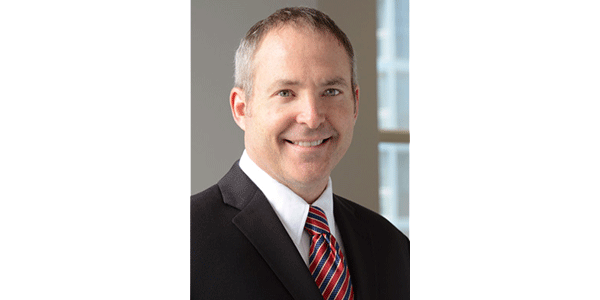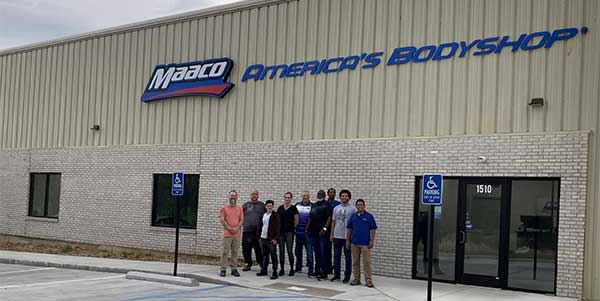The world of auto body consolidation has been full steam ahead for years.
During most of the consolidators’ planning season (November and December of 2022), many of them at that time planned a record number of acquisitions in 2023. However, in mid-January 2023, we started to see the market change. It seemed as if consolidators’ strategy and direction had been changing like the weather. As interest rates rose, buyers’ focus started to change as a whole. Many of them slowed down and became laser-focused on buying quality, not quantity. A few remained full speed ahead. Offers for quality stores were still strong, but many were not quite as robust. Average collision centers were seeing less interest from consolidators and lower offers. However, here we are mid-year, and I think it’s safe to say most consolidators — with the exception of a few — are full steam ahead with acquisitions.
Offers are becoming aggressive once again. Many of the consolidators are seeking out small multi-shop organizations (MSOs) with two-plus locations to speed their growth. Consequently, these multi-location operators are seeing very rich offers. We’re also seeing cities that had no consolidator activity — such as Detroit, Mich., and its suburbs — experiencing significant activity. Shops looking to sell that have 10,000 square feet of space or more but may be weak on sales, leadership, staff and equipment are even seeing offers from a few buyers. These buyers have developed the infrastructure to reinvent these dying collision centers and breathe new life into them.
Who is Selling and Why?
I get this question a lot, and it’s truly a mixed bag. There are a lot of folks 60 years and older who are at the natural age of attrition, have no family to take over the business and consequently are selling. However, there are just as many 40-year-old-plus shop owners who are selling. The most common reasons are:
- They are sick of fighting with insurers.
- Others are seeing their shop owner friends sell and realize new life, careers or opening new businesses.
- Many are concerned about staff; keeping and finding new blood in a pool that is just about dry.
- Many folks feel when the consolidators enter their market, they cannot compete with them.
- Their businesses have outgrown them and have become too much to handle.
- They fear new vehicle technology, the retooling costs associated with it and their ability to repair the vehicles of today.
- Profitability: There are a lot of shops that have great sales but are just not making money.
Is It Time to Sell?
This is another question I get a lot. I have one client who calls me once a month asking me, “Is it time?” If you’re like him, strategizing sale price, the best time to sell is when the consolidators are actively focused on your market, because that is when you typically see the highest and best offers. Most consolidators already know you and your shop before you even consider selling, especially if they’re focused on your particular market at the time. They spend a lot of time and effort focusing on the shops they would like to acquire.
Consolidators buy shops on a hub-and-spoke model, meaning they acquire in one city like Charlotte, N.C., and then branch out 100-plus miles and acquire other facilities (the spokes) to have broad-span coverage over a particular market. Typically, consolidation only happens once in most markets, so if you want to sell and realize your best out, you should be ready to sell when the consolidation lawnmower comes through your town. However, larger markets can see several rounds of consolidation. For example, eight to nine years ago, the Maryland, Northern Virginia and Washington areas went through their first round of heavy consolidation, and now that market is seeing a second wave. In the last eight to nine years, that market has seen a lot of intense population growth, many new shops and additional consolidators looking to enter the market.
I was 42 when I sold my shops and never in a million years thought it was feasible for me to sell. I think a lot of folks think like I did at that time. If selling has crossed your mind, you should at least do some discovery to see if it makes sense for you. Once consolidation ends in five years or so, these large cash offers (sometimes multiple offers for one business) and the ease of selling will no longer exist. I highly suggest that you strategize your exit plan now — “exit plan” not necessarily meaning selling to consolidators. There are many ways to exit, and I am not suggesting that selling to a consolidator is the only way out.
Misconceptions of Selling
Shop owners have many misconceptions when it comes to selling and or what their shop is worth. Let’s clear the fog:
- The No. 1 thing you can do to increase the value of your shop is to increase your sales. Next, make sure you’re profitable and/or that your profitability increases with your sales.
- A lot of shop owners come to me and say, “My shop is losing money or not making money at all, so it can’t be worth anything, can it?” That is further from the truth than you can ever imagine. I had a shop owner who had $5 million in gross sales with profits less than $100,000 annually who sold for $2.9 million.
- Many shop owners (including myself when I sold nine years ago) get mired in the thinking that equipment is a huge driver of shop value. Sadly, equipment has minimal impact on the value. Shop owners take a lot of pride in their facilities and their equipment, so it breaks their hearts to hear that their passion for equipment and quality does not translate to value. Equipment is important to consolidators; however, it is not the driver of value. Consolidators expect you to have equipment that is capable of repairing today’s cars; that baseline is expected. If you have older equipment, it’s not a deal breaker, but there is usually an adjustment made in the value to offset the need to update.
Reasons Not to Sell
In my 31 years in the industry, I’ve never seen better times for independent repairers than right now. However, this statement does not apply to all independents but only the independents who are focused on:
- A first-class customer experience
- Working for the true customer (the vehicle owner)
- Following OEM procedures to a T
- Taking care of their employees. They focus on building a culture of understanding and meeting employee needs outside of a paycheck. They take time to get to know their employees and their families and do not treat everyone the same. It means a lot to some people if they can come in early and knock their work out so they can make it to their kid’s baseball game or have the ability to leave midday to have lunch with their spouse or kid at school. Get to know your people and what’s important to them and accommodate their needs wherever possible; you’ll have an employee for life, and they won’t leave you over 25 cents an hour. Employee tenure is second to none for these independent shop owners.
- Not selling, just providing a great place for their team that is organized, peaceful and pleasant
- A long-term exit that is already in place, usually to sell to existing leadership to continue the business model
- Educating their customers on proper repairs and consistently their understanding and buy-in
- Profitability through writing thorough repair plans and not leaving any money on the table — in most cases, balance-billing their customers
- Achieving amazing Google reviews
- Not relying on direct repair programs (DRPs)
- Grassroots and community marketing. Many of them focus on getting out into the community and meeting their neighbors, perhaps through hosting a car show, sponsoring baseball teams, attending events, handing out goodies and talking with folks, connecting through customers via their pets, and many other unique and creative ways to connect with their communities.
This mentality or mindset is trending for collision shop owners and growing by the day across the U.S. Shops that fall into this criteria do not have staffing issues or many of the other challenges most shops are facing. Their reputation precedes them as a result of the culture they’ve built, and consequently people want to work at these shops.
Summary
To sell or not to sell — that is the question. Know that the British are not coming, and don’t feel that you cannot be competitive with the consolidators. You may just have to embrace new, outside-the-box thinking to remain competitive.

